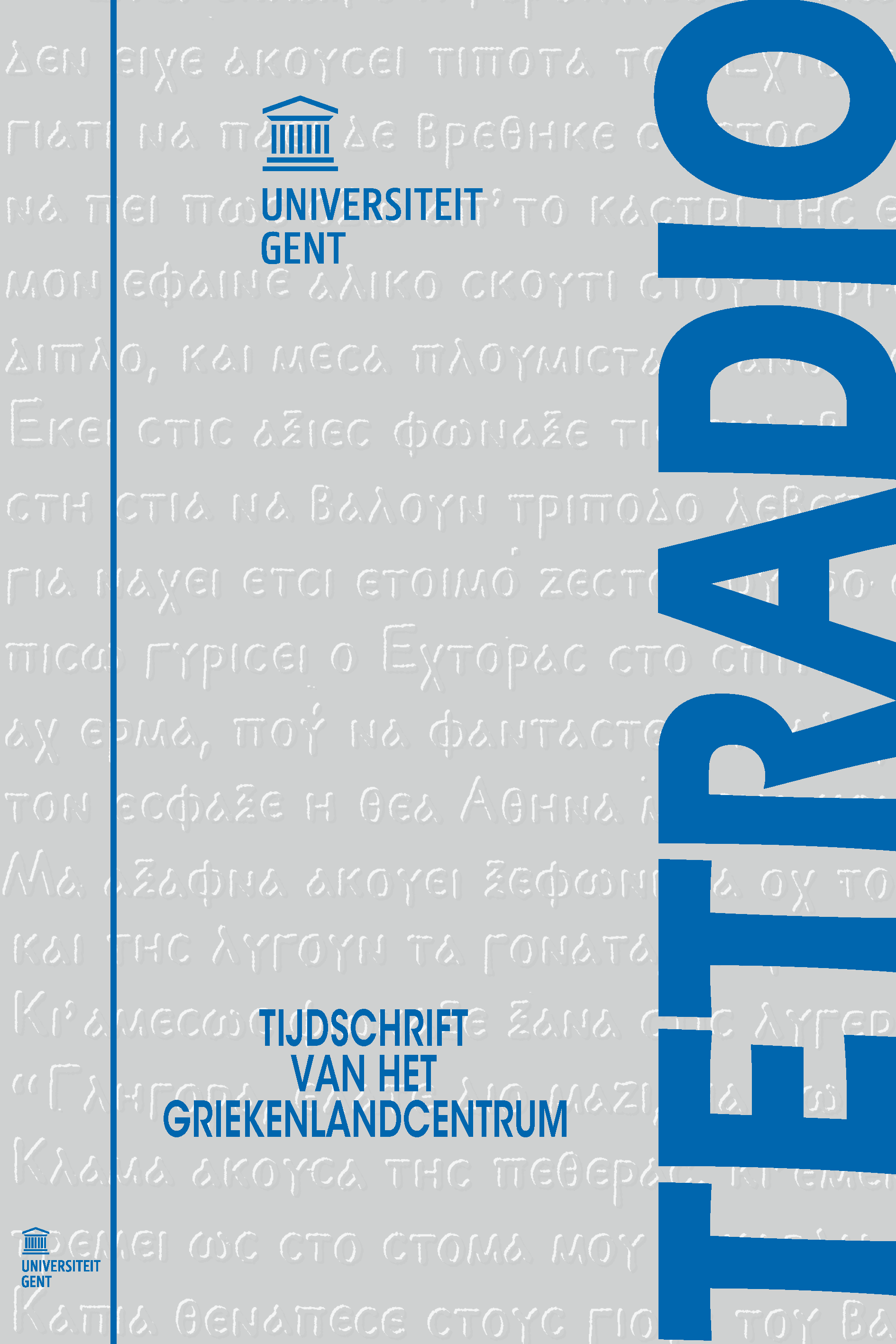Igor Stravinsky's Oedipus Rex: De verzoening tussen moderniteit en classicisme tijdens het interbellum; twee Russische aspecten van Oedipus Rex
- Katrien Uyttersprot
Abstract
This article elaborates on two key themes of Igor Stravinsky’s opera-oratorium Oedipus Rex (1927). First, the author discusses the general revival of “the classics” during the interbellum, focusing on the multiple adaptations of the Oedipus myth. She thus also assesses whether the “nouveau classicisme” of Stravinsky and Jean Cocteau, the librettist of the piece, fits within modernism or is, on the contratry, rather a firm denial of it (the perception of “tradition” and “myth” are crucial in this perspective). Secondly, the author demonstrates that Stravinsky’s native Russia continued to exert a significant influence on the composer and, through him, on Cocteau. This is proven through both the fact that Stravinsky’s concepts of language and music are grounded in the principles of Russian Formalism, and the clear links between Stravin sky’s and Cocteau’s staging of the piece and the theater of their Russian contemporaries, Vsevolod Meyerhold and Alexander Tairov.
How to Cite:
Uyttersprot, K., (2003) “Igor Stravinsky's Oedipus Rex: De verzoening tussen moderniteit en classicisme tijdens het interbellum; twee Russische aspecten van Oedipus Rex”, Tetradio 12(1): 6, 125–144. doi: https://doi.org/10.21825/tetradio.91748
Downloads:
Download PDF
View PDF
